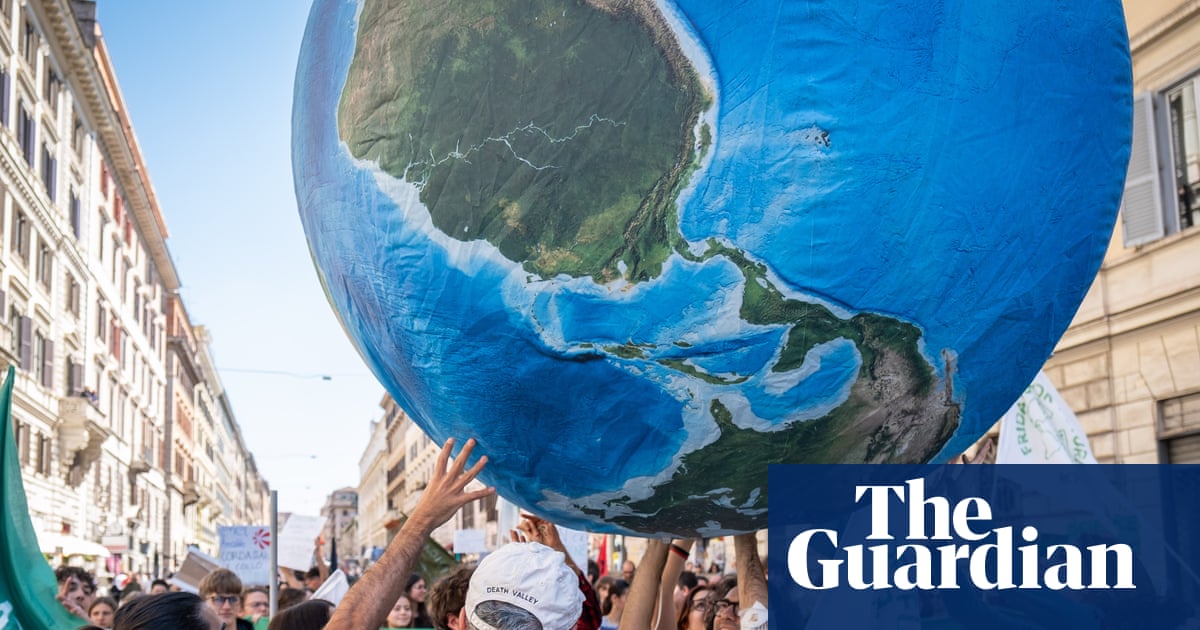
"Delegates at the United Nations Environment Assembly (UNEA) were asked to estimate what percentage of the global population would say they were willing to give 1% of their income to help fix climate change. The average estimate was 37%, but recent research found the true figure is 69%. The same research found 89% thought their national government should do more to fight global warming."
"This misperception gap was especially surprising to the researchers given that the UNEA survey group 191 delegates from 53 countries comprised individuals with a higher level of personal engagement and climate expertise overall, including 24 active policy negotiators. Nevertheless, 83% of delegates surveyed agreed to some degree that individual members of the public have the ability to take meaningful climate action."
Policymakers and UNEA delegates greatly underestimated global willingness to contribute financially to climate action. Delegates estimated 37% of people would give 1% of income, while the true figure is 69%. Eighty-nine percent believed their national governments should do more to fight global warming. The large disparity constitutes pluralistic ignorance, where people systematically underestimate fellow citizens' willingness to act, preserving the status quo. The UNEA survey involved 191 delegates from 53 countries, including 24 active negotiators, and 83% agreed the public can take meaningful climate action. The perception gap implies a disconnect between policymakers' views and public preferences, causing safer, watered-down policies when no mandate is perceived.
Read at www.theguardian.com
Unable to calculate read time
Collection
[
|
...
]